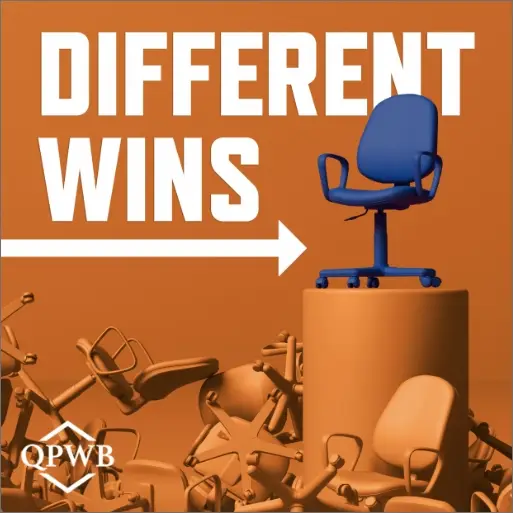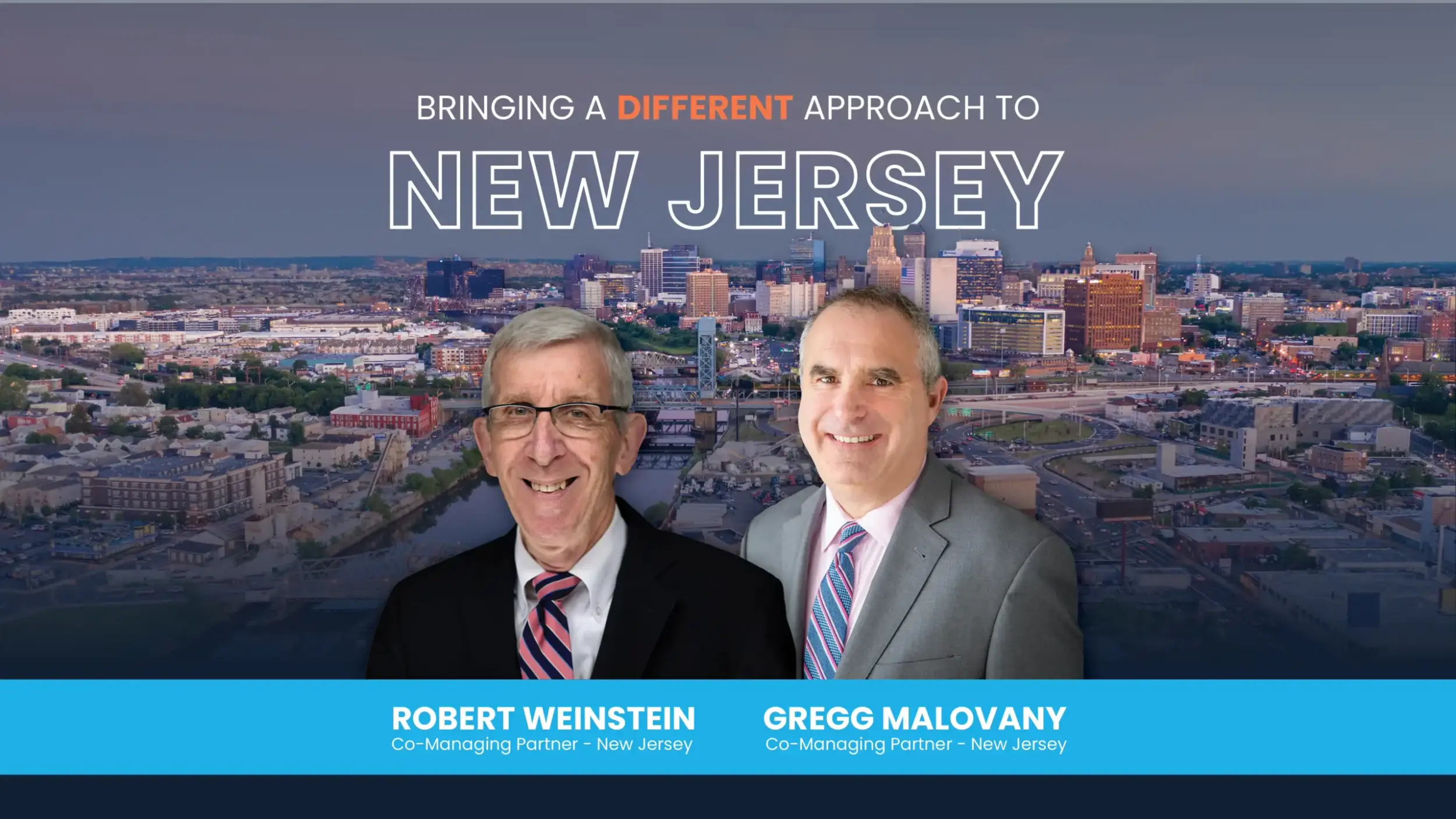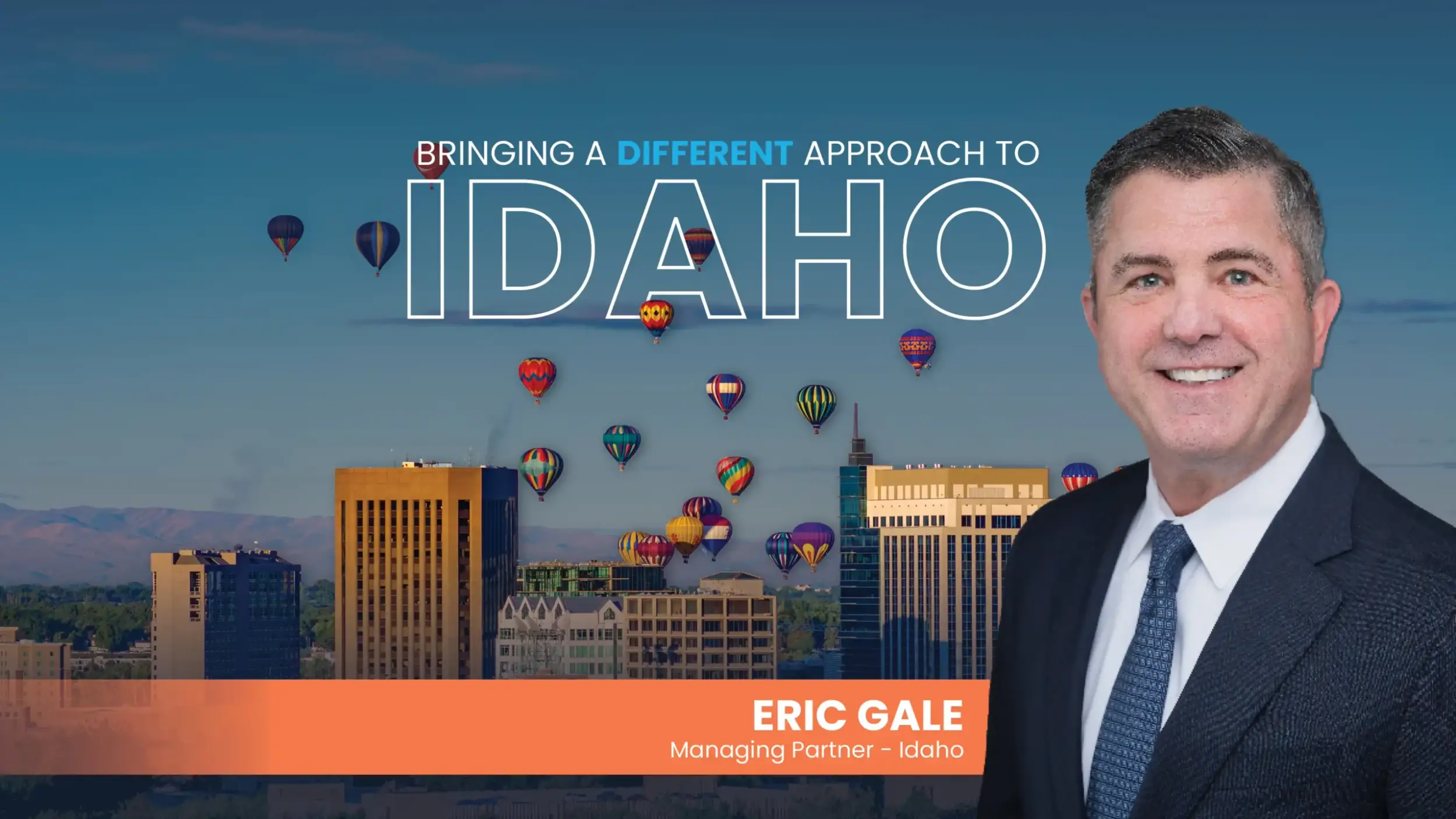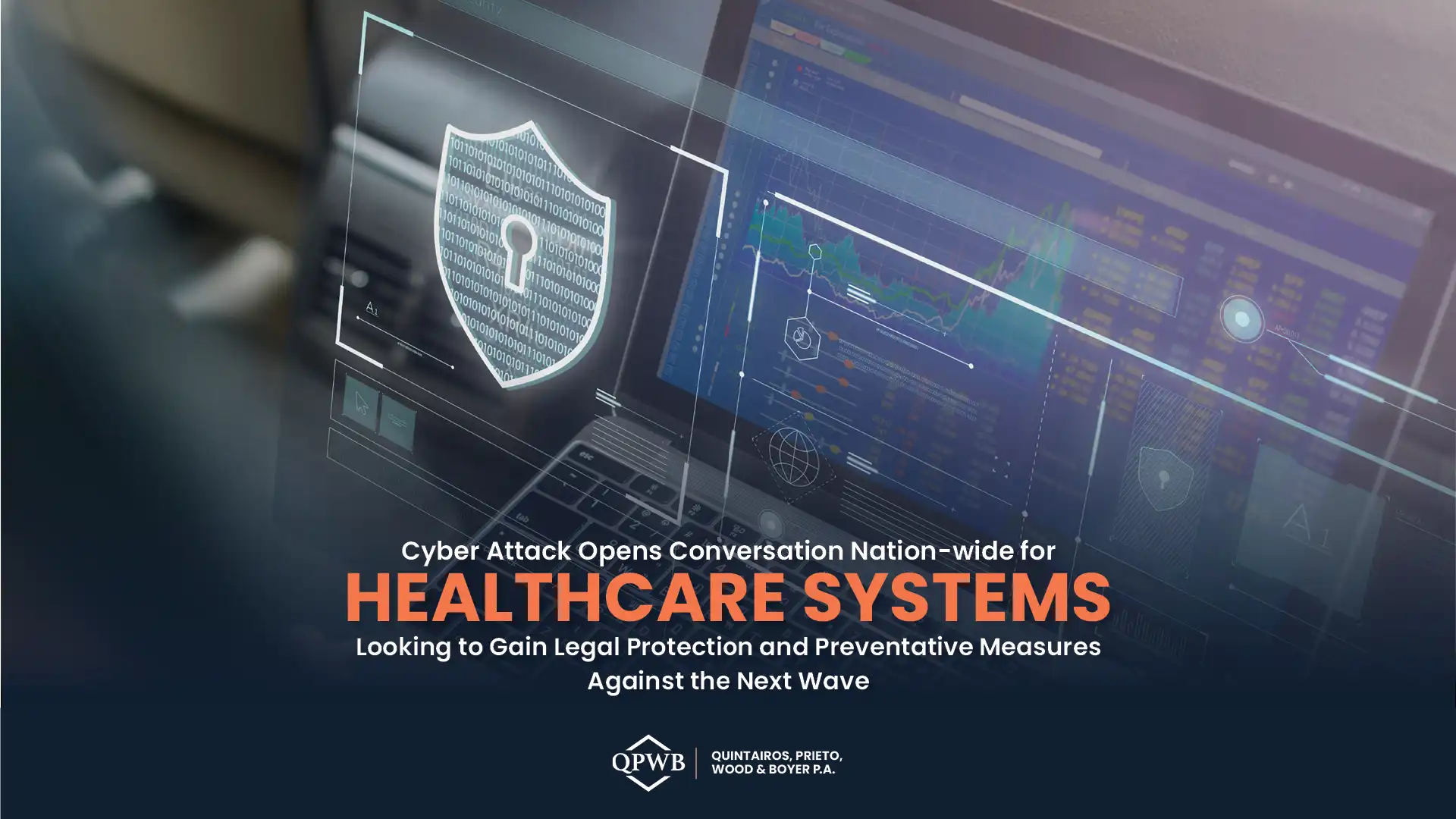16 April, 2024
Navigating the Legal and Ethical Terrain of AI Data Scraping: Protecting Personal Privacy and Intellectual Property Rights
In: Blog,Client Alert
Comments: 0
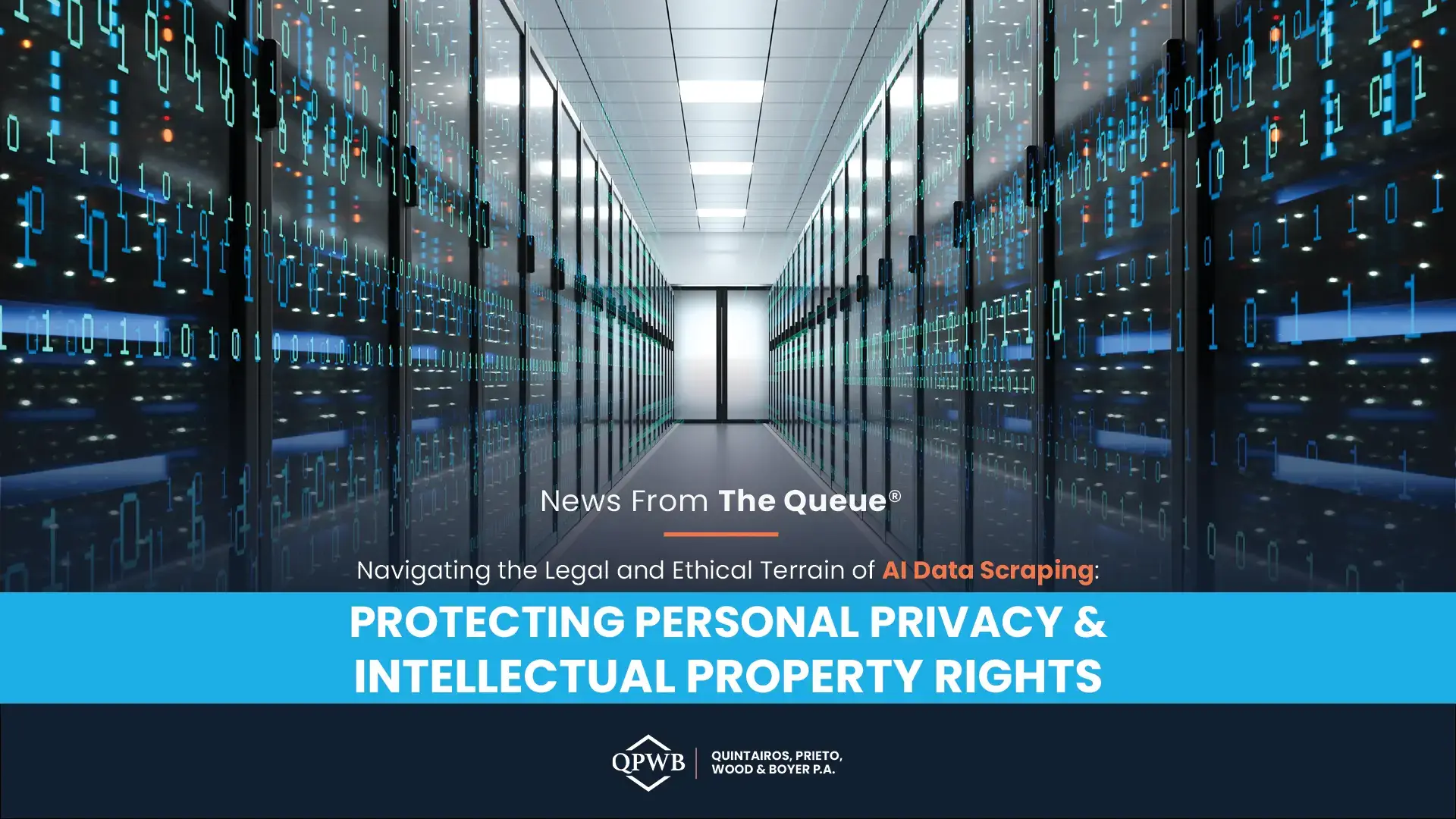
Miami, Florida - Artificial intelligence is making waves worldwide, emerging as one of the most transformative new technologies of the 21st century. This incredible innovation has the potential to do many great things for the benefit of modern society, however, the legal and ethical complexities surrounding AI raise concerns about data privacy and ownership, namely due to the process that AI uses to continuously get smarter.
'Scraping' - the methodology that Artificial Intelligence uses to gather its training data, is widely successful in its purpose of educating the program. AI continues to get 'smarter' every day. However, critical questions emerge: How does AI collect data? Where does it come from? Is our data at risk? Sources say yes - that AI autonomously collects personal information from everyday websites to enrich its training datasets.
The legal implications of this technology are numerous, but there are some key takeaways about the legality and ethics of 'scraping' that are worth noting. While some of your data may be used, there are still many protections in place that prevent the software from using your data in harmful ways.
- Personal Data Protections:
- Safeguards are in place to prevent the unauthorized use of sensitive personal information for profit without explicit consent. Malicious web scraping is illegal, and legal protections are in place to prevent the unauthorized use of your data.
- Safeguards are in place to prevent the unauthorized use of sensitive personal information for profit without explicit consent. Malicious web scraping is illegal, and legal protections are in place to prevent the unauthorized use of your data.
- Intellectual Property Regulations:
- Intellectual property rights are safeguarded by user-defined terms and national laws. If your website prohibits the duplication and use of your product, scraping can have negative legal ramifications for the party gathering data.
- Intellectual property rights are safeguarded by user-defined terms and national laws. If your website prohibits the duplication and use of your product, scraping can have negative legal ramifications for the party gathering data.
- Terms of Service Agreements:
- Websites often have terms of service agreements - guidelines that prohibit or approve what activities can or cannot be done on a platform. Violating these agreements by scraping data can lead to legal trouble.
- Websites often have terms of service agreements - guidelines that prohibit or approve what activities can or cannot be done on a platform. Violating these agreements by scraping data can lead to legal trouble.
- Governmental Regulations:
- Various countries enact regulations governing AI data usage. In the United States, your data is protected by the Computer Fraud and Abuse Act (CFAA), national Copyright Laws, the Federal Trade Commission, and sector-specific industry regulations such as the Health Insurance Portability and Accountability Act (HIPPA).
Overall, organizations leveraging AI data scraping in the US must adhere to existing federal and state laws safeguarding sensitive personal information. Parties not adhering to these policies may be subject to legal action.
One such example of legal action due to data scraping comes from a November 2023 class action lawsuit against GitHub - a program used to store and share software development assets, and their new AI-based code drafting program Copilot, as well as parent company Microsoft. The suit - filed by law firm Joseph Saveri in San Francisco, alleges that the intellectual property of 16 separate plaintiffs was copied and used to educate the AI behind Copilot. These anonymous plaintiffs claim that GitHub and Microsoft violated the Digital Millennium Copyright Act section 1202(a), as well as breached licensing terms that prohibit the use of intellectual property without attribution to the creator. This case is still ongoing and will likely shape the future of intellectual property laws.
As AI continues to grow in knowledge and relevancy, we must continue to ask questions about the ethics of and protections against the use of our data in AI training data. We at Quintairos, Prieto, Wood, and Boyer P.A. aim to help clients navigate through legal challenges and safeguard their data in an era defined by AI innovation.
For more information, please contact:
Bryan Rotella
The AI Lawyer
Managing Partner - GenCo Legal(R) A Division of QPWB
1111 N Westshore Blvd Suite 212
Tampa, FL 33607
E-mail: bryan@gencolegal.com
